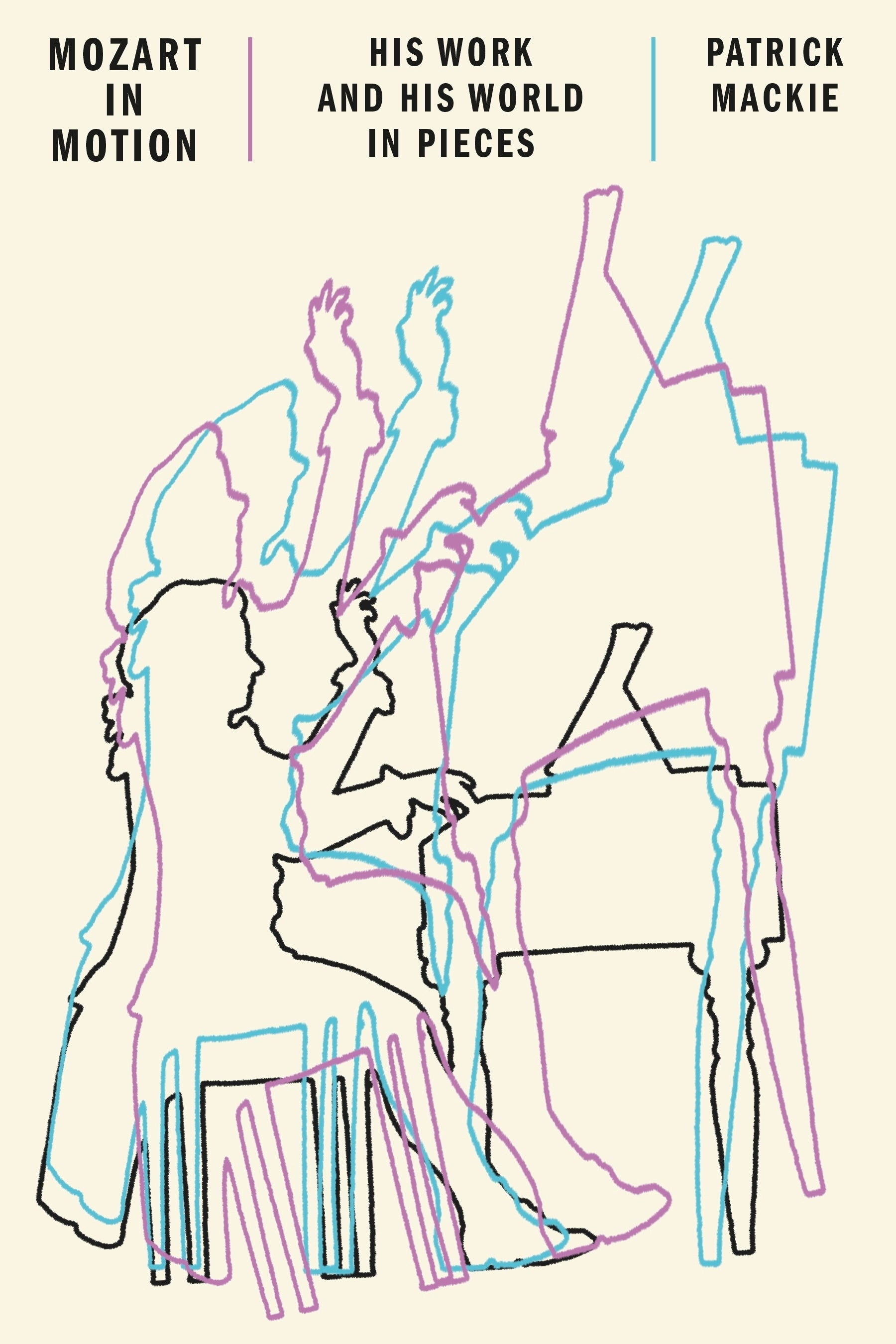Book Review: ‘Mozart in Motion’ by Patrick Mackie seeks to bring composer to life in new ways
Writing a biography of Wolfgang Amadeus Mozart nowadays is no easy task

Your support helps us to tell the story
From reproductive rights to climate change to Big Tech, The Independent is on the ground when the story is developing. Whether it's investigating the financials of Elon Musk's pro-Trump PAC or producing our latest documentary, 'The A Word', which shines a light on the American women fighting for reproductive rights, we know how important it is to parse out the facts from the messaging.
At such a critical moment in US history, we need reporters on the ground. Your donation allows us to keep sending journalists to speak to both sides of the story.
The Independent is trusted by Americans across the entire political spectrum. And unlike many other quality news outlets, we choose not to lock Americans out of our reporting and analysis with paywalls. We believe quality journalism should be available to everyone, paid for by those who can afford it.
Your support makes all the difference.“Mozart in Motion: His Work and His World in Pieces” by Patrick Mackie (Macmillan Publishers).
Writing a biography of Wolfgang Amadeus Mozart nowadays is no easy task. The daunting list of predecessors, which spans centuries, who have already undertaken the assignment complicates any efforts to find unique angles and inroads through which to tell the composer’s story.
But Patrick Mackie exploits his background in both poetry and academia in an effort to bring Mozart to life in new ways.
In addition to relying on letters and extant accounts for “Mozart in Motion: His Work and His World in Pieces,” Mackie also incorporates academic theory and philosophical reflections on how we collectively experience music today into his thematically organized biography. The result is still a familiar portrait of Mozart, but one that is painted in new colors.
His prose betrays a palpable reverence for and familiarity with the musician, an appreciation he takes for granted that readers share.
Mackie sometimes betrays an overconfidence in his ability to get inside the mind of the famed composer. And his writing style is perhaps more ornate and erudite than readers who are looking for a casual introduction into the composer’s life are looking for.
This book instead seems aimed at audiences who are already familiar with Mozart’s legacy, shining new light on possibilities for thinking about both his life and artistic contributions, as well as the ways in which his audiences and loved one would have experienced them.